- 24 Posts
- 251 Comments

 8·15 days ago
8·15 days agoAnd was mocked where it was first posted too I’m pretty sure.
I use neither Arch nor Ubuntu, btw
I have been using Linux since my mid-teens in the late 2000s (with interruptions). In the late 2000s and early 2010s I really did do a lot of tinkering with the computer, but nowadays I rarely even install new software and hardly ever think of my operating system, at all.

 111·25 days ago
111·25 days agoThe article missed that SuperTuxKart has a mode that is somewhat similar to Rocket League.
TBF the last two bullet points are verbose descriptions of the thing it means in C++, Java, and Python too. It’s just that in JS, “this” can also be used in other places.
But yeah, in practice, every time I write JS I want to throw my hands in the air and shout “this is bullshit”, but never know what “this” refers to… :D
True if these are installed, but if I’m on a server’s command line they probably aren’t.
OK I’ll bite, how do you get rid of a literal ~ directory?

 5·2 months ago
5·2 months agoI mainly code Java with IntelliJ.
- it doesn’t AFAIK have an integrated browser or if it does I have never encountered it ❌
- I have not seen it crash a lot and certainly not for the stated reason ❌
- if autocomplete isn’t working, that is a sign something about the build process isn’t set up right, so other things won’t work either ❔
- basic settings being buried deep in the menus is definitely a thing ✅
- if it underlines something, that has always been an error, I think it calls a real Java compiler for this ❌
- freezing at critical moments can occasionally be a thing ✅

 4·2 months ago
4·2 months agoat least actually post it to !unexpectedfactorial@sopuli.xyz if you leave a comment like that…

 7·2 months ago
7·2 months agoHow old is “old” for this purpose?

 4·2 months ago
4·2 months agoThx, fixed

 391·2 months ago
391·2 months agoIf you click around a bit more in that documentation, you can see that that isn’t an enumeration of genders, it’s an interface for answering the question which gender any given name belongs to. (For example, “Andrea” is understood as exclusively feminine for German speakers, but it’s a common male first name in Italy.)
And originally it was “general image manipulation program”.

 26·3 months ago
26·3 months agoI don’t think Donald Trump knows what a bash script is.
Art doesn’t have to fulfill a practical purpose nor does it usually have security vulnerabilities. Not taking a position on the substance, but these are two major differences between the two.
alright, point taken :)
neither of these people seems to be using Linux, so why is this a Linux meme?




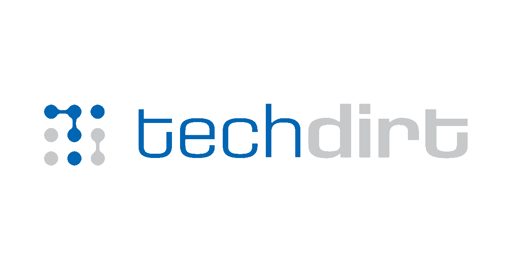

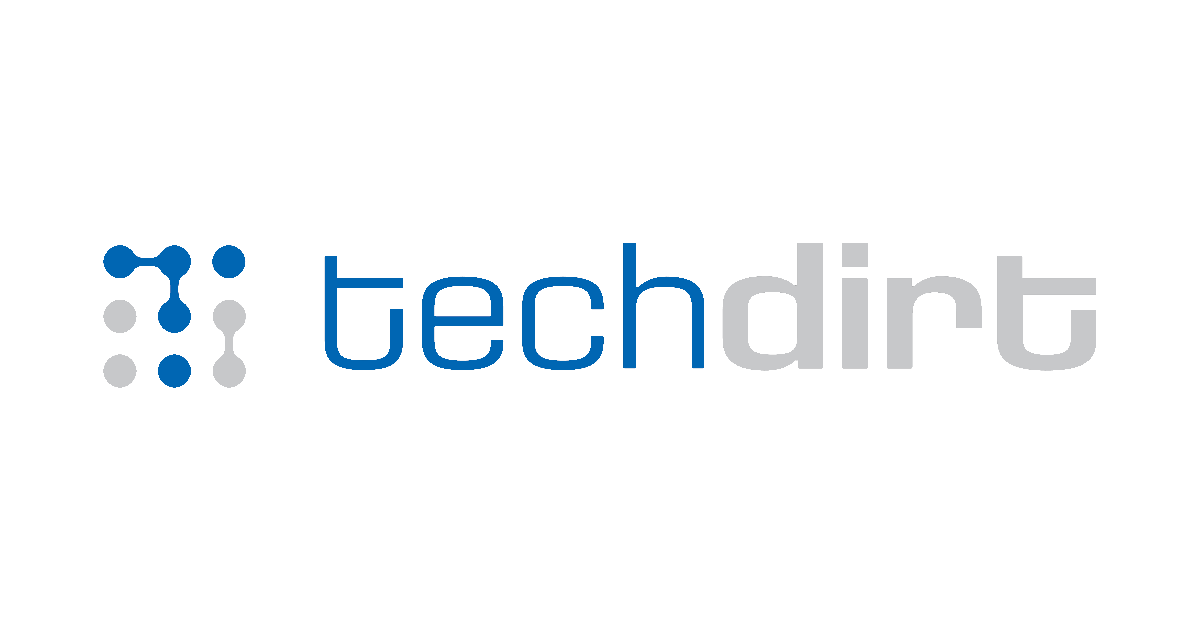
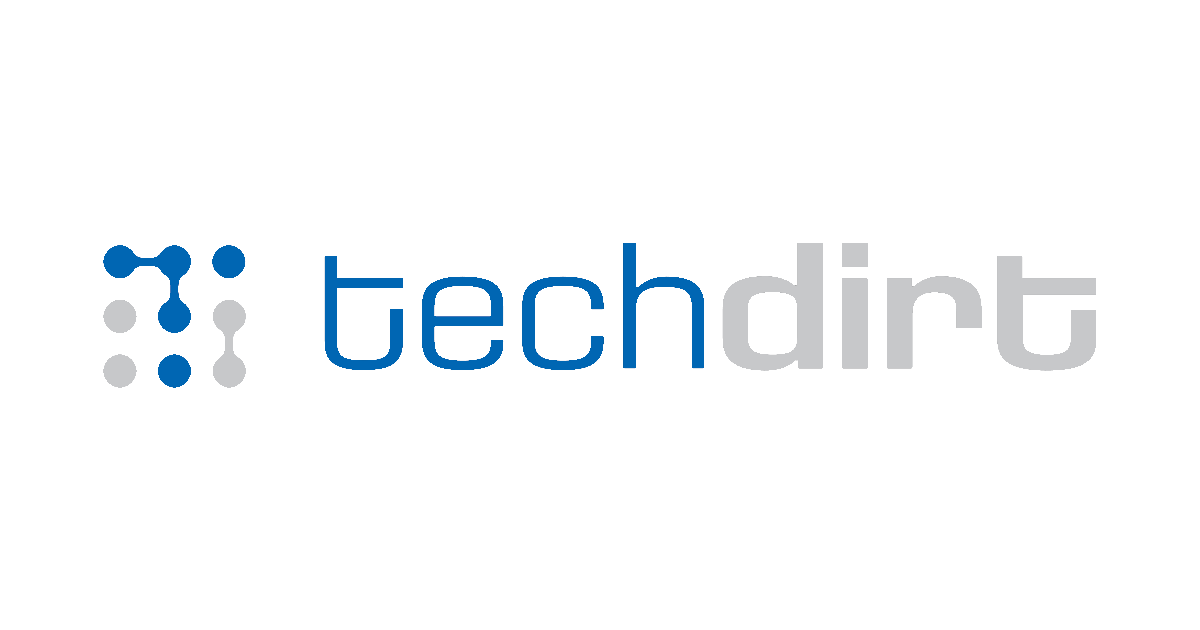
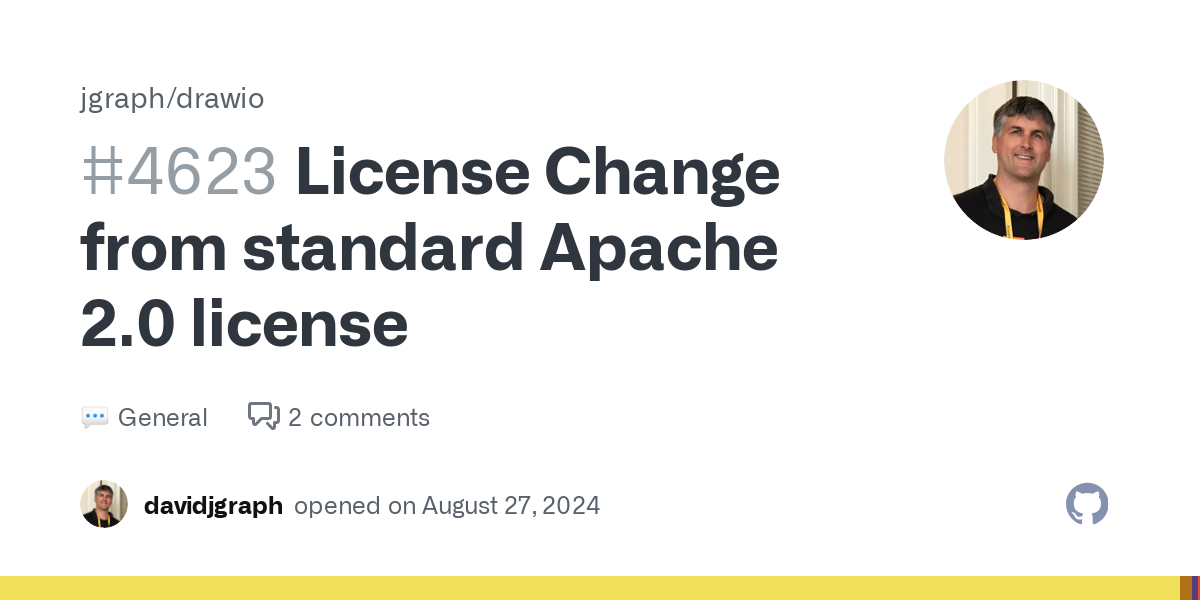
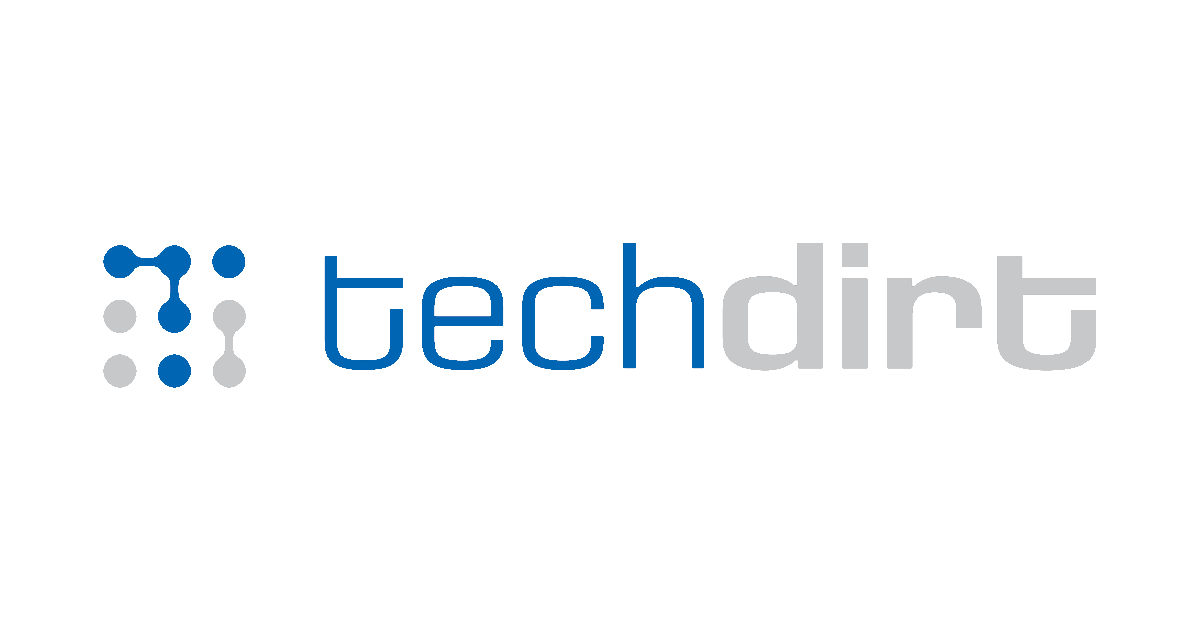
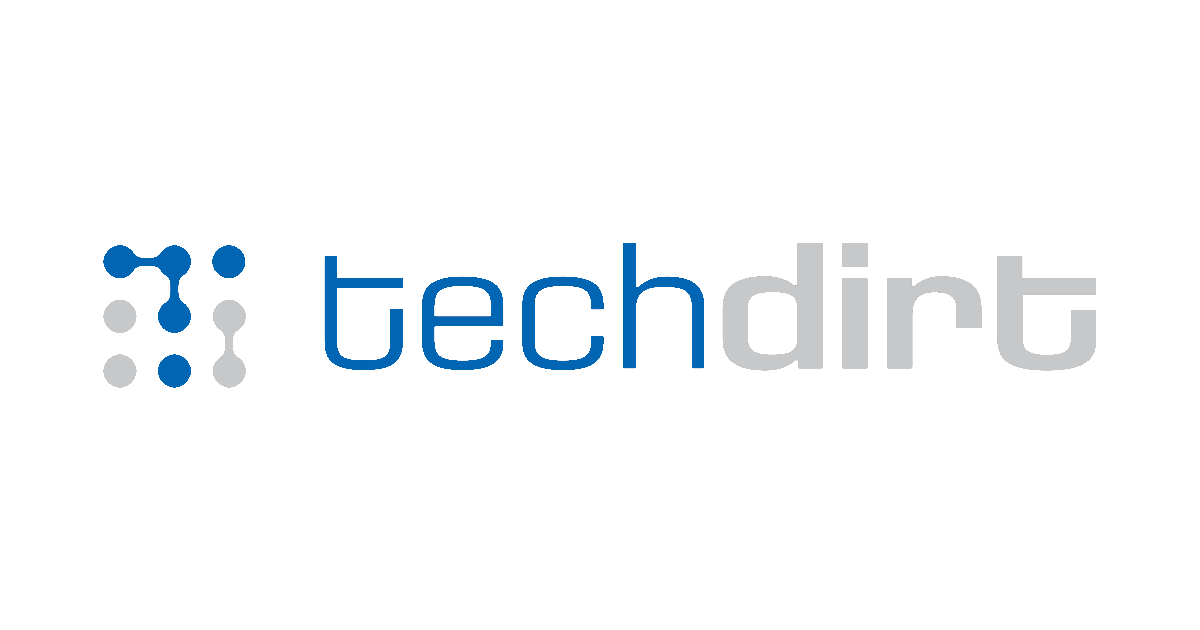
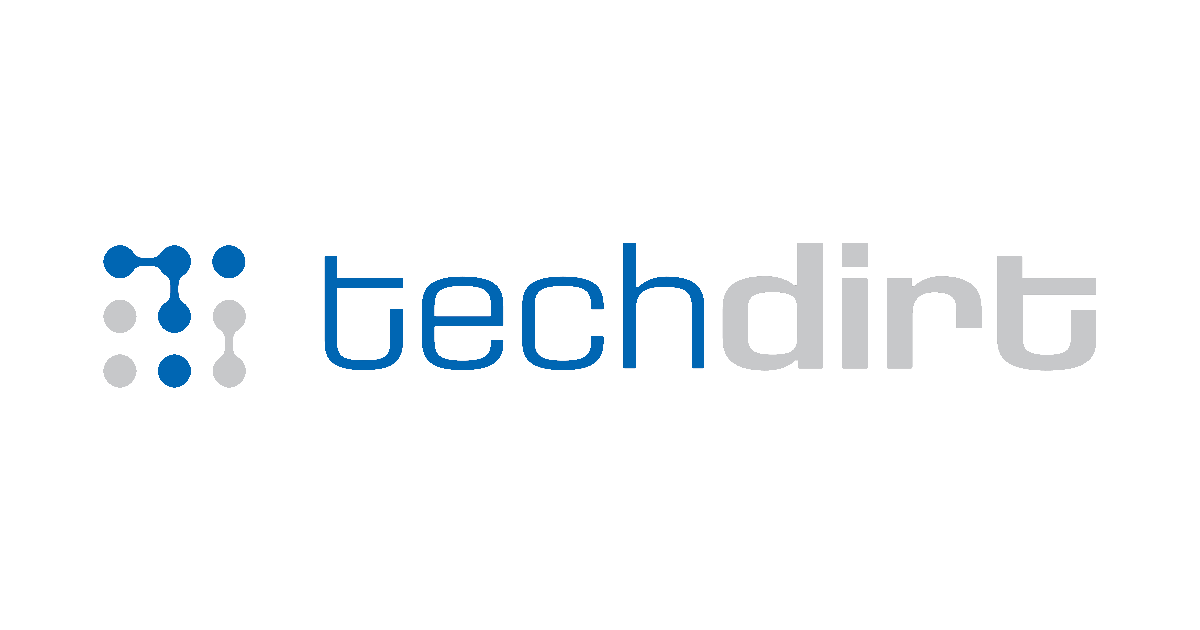
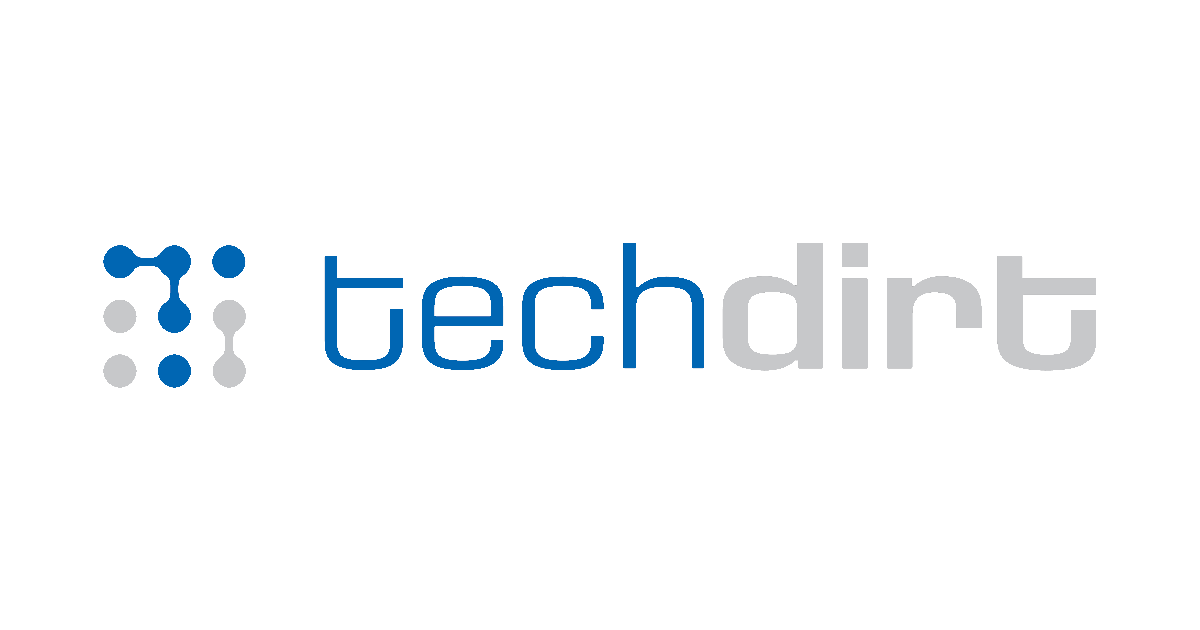
Unciv, not Uniciv. For search result purposes do you want to fix that typo?